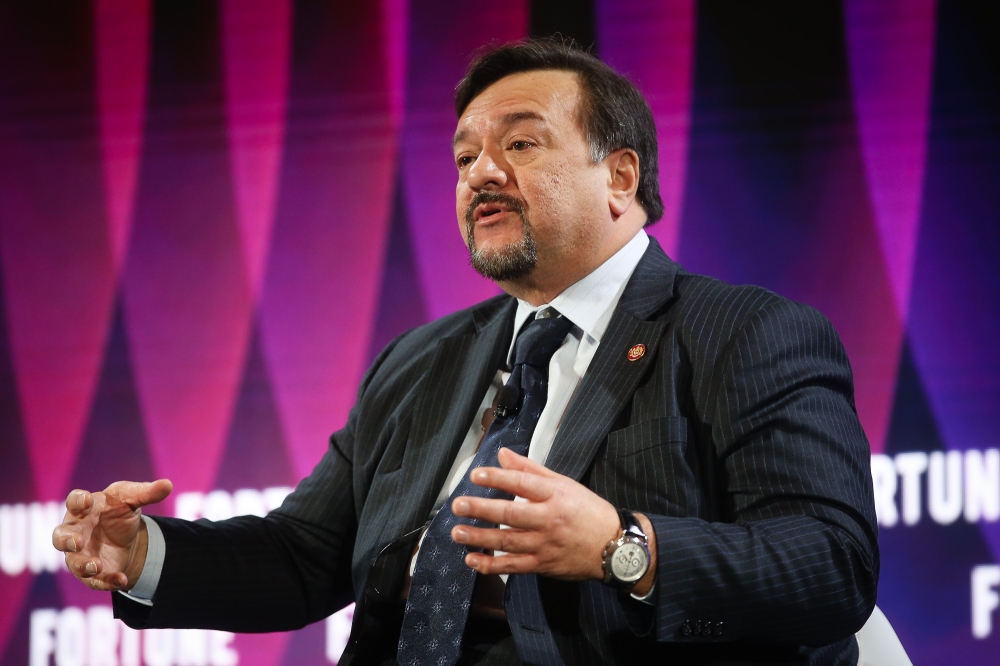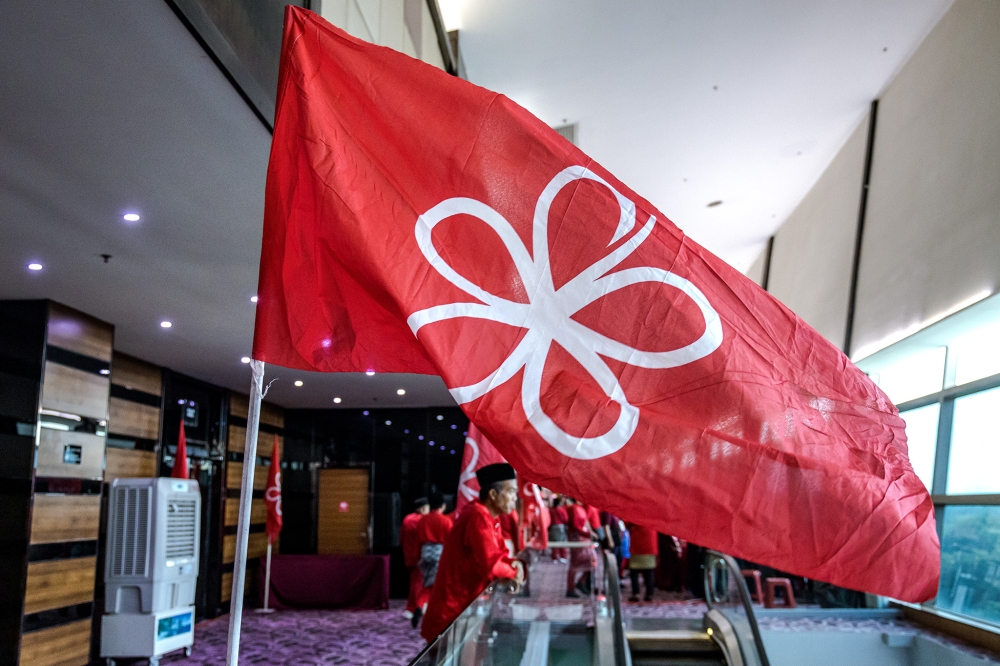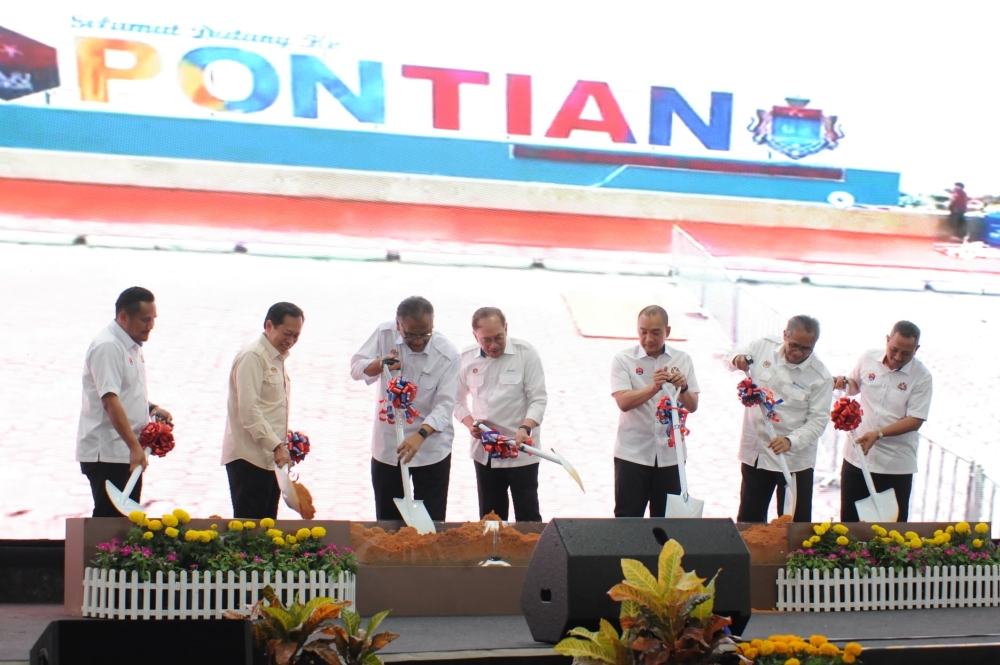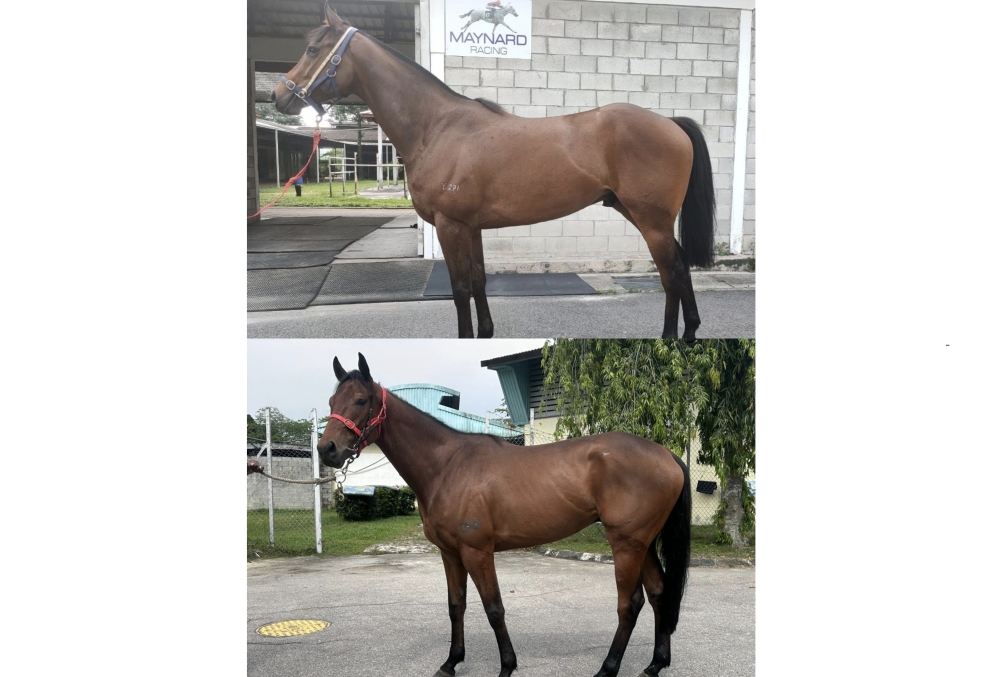GEORGE TOWN, July 26 ― Penang is leading Malaysia’s recycling initiative, recording 42.69 per cent last year ― a figure that was double the national recycling rate of 21 per cent.
Local government, housing and town and country planning committee chairman Jagdeep Singh Deo said the state’s recycling rate has been climbing steadily in recent years and the government is now aiming to hit 50 per cent.
“Penang leads as the state with the highest recycling rate in the country,” he said in a press conference today after attending a briefing on the Penang Smart Parking system here.
He said the Penang Island City Council (MBPP) recorded a recycling rate of 32.59 per cent for this year while Seberang Perai Municipal Council (MPSP) recorded a recycling rate of 47.15 per cent last year.
He said MPSP aimed to achieve a recycling rate of 70 per cent by 2022 while MBPP aimed to exceed 40 per cent by 2030.
“For the whole state, we are hoping to reach 50 per cent recycling rate by 2030,” he said.
He said even with the high recycling rates now, the state will continue to push forward its green agenda to increase recycling rates through its various programmes.
He said the local government will continue to enforce the waste segregation at source on all premises.
“We will increase enforcement to ensure that all ratepayers adhere to the waste segregation at source requirement as we will take action against those who don’t comply,” he said.
He said the state’s recently launched waste-to-energy project will also be reducing the state’s waste from going to the landfills.
He said the project target was now to collect 85 tonnes of food waste, down from the initial target of 200 tonnes.
He said the proposed amount of collection was based on feedback obtained from stakeholders.
“This will reduce the burden on the landfill and also ease the burden of the local council in terms of resources to collect the waste,” he said.
Penang generated 1,253,000 metric tonnes of waste last year out of which only 535,000 metric tonne are recyclables.
















.jpg)
